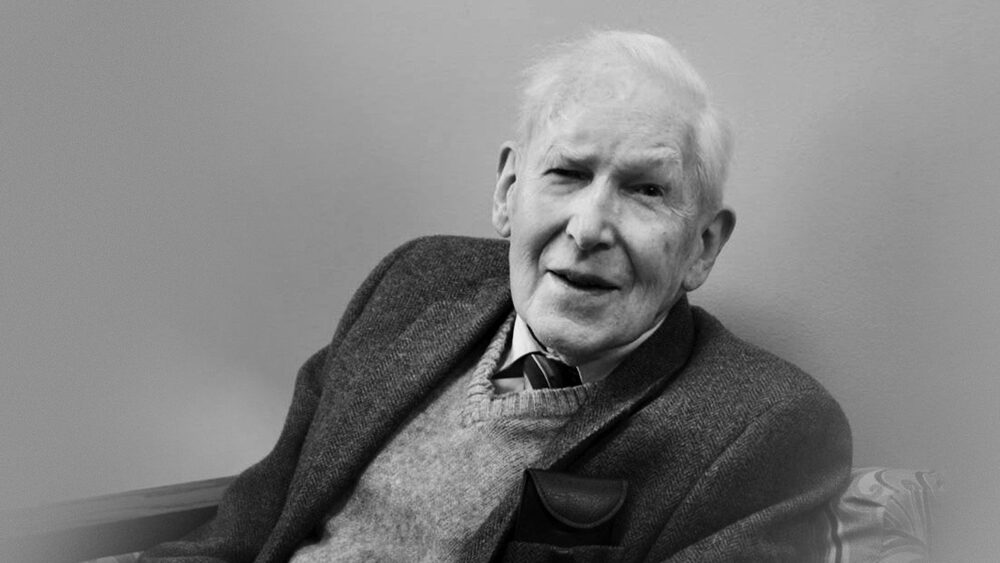James Innell Packer, widely known for the best seller Knowing God, has died at 93. “His books have sold millions of copies worldwide and and are cited by many who have read them as turning points in their lives as Christians,” Alistair McGrath writes in his biography of Packer To Know and Serve God.
In a survey, Christianity Today readers named him as one of the most influential theological writer of the twentieth century, second only to C.S Lewis (as McGrath notes).
“Dr Packer has the rare ability to deal with profound and basic truths in a practical and highly readable way.” – Bill Graham
Packer was a key leader in the resurgence of evangelical scholarship that occurred after World War Two, as a theological literate evangelicalism – as distinct from fundamentalism – emerged.
Packer was a player in several key movements – the revival of the reading of puritan writers such as Richard Baxter and John Owen, establishment of the Latimer House think tank in Oxford, and contributed greatly to the worldwide reputation of Regent College in Vancouver.
In an age where it is now common to find evangelical scholars with doctorates, Packer was a trailblazer, completing a Doctor of Philosophy in the early 1950s.
But it is as a writer that millions of Christians encountered him. One early book was extremely influential in equipping generations of students with a trust in the authority of the Bible, including this writer.
Fundamentalism and the Word of God (1958) came out at a time when it was seriously argued that no thinking person could be an evangelical. Billy Graham was being ridiculed as a ‘fundamentalist’ and church of England luminaries argued that he should be banned from leading a mission to the University of Cambridge, according to McGrath’s account.
Gabriel Hebert – at the time, teaching at St Michaels’ House in Crafers in the Adelaide Hills – had written a book Fundamentalism and the Church of God which laid down a challenge to a high view of the authority of Scripture.
Packer’s riposte, Fundamentalism and the Word of God, became much better known. It was particularly influential among evangelical university students. In this book, Packer defends the classic evangelical view of the Bible as trustworthy and a sure guide. Alongside John Stott’s Basic Christianity, it boosted the IVP publishing house in Britain.
It launched Packer as a spokesperson for the broad evangelical movement, not just the Calvinist part of it.
McGrath notes that this book had a big impact in Australia, warmly promoted by Broughton Knox of Moore College – who can be regarded as a fellow traveller with Packer in the revival of evangelical scholarship.
Knowing God was a much larger book and had its greatest impact in North America. “Forty years after its publication in 1973, Knowing God continues to bless readers around the world,” wrote scholar John G. Stackhouse in a Christianity Today article to mark its 40th anniversary. (By 2013, it had sold more than 1.5 million copies.)”
“It continues to inspire authors, too, as it does what very few books have been able to do: present page after page of carefully nuanced Christian doctrine in a style that people actually enjoy reading.”
Billy Graham wrote of Knowing God: “Dr Packer has the rare ability to deal with profound and basic truths in a practical and highly readable way. This book will help every reader grasp in a fuller way one of the Bible’s greatest truths: that we can know God personally because God wants us to know Him.”
Feedback
Please tell us if J. I Packer influenced your life – on Facebook.




